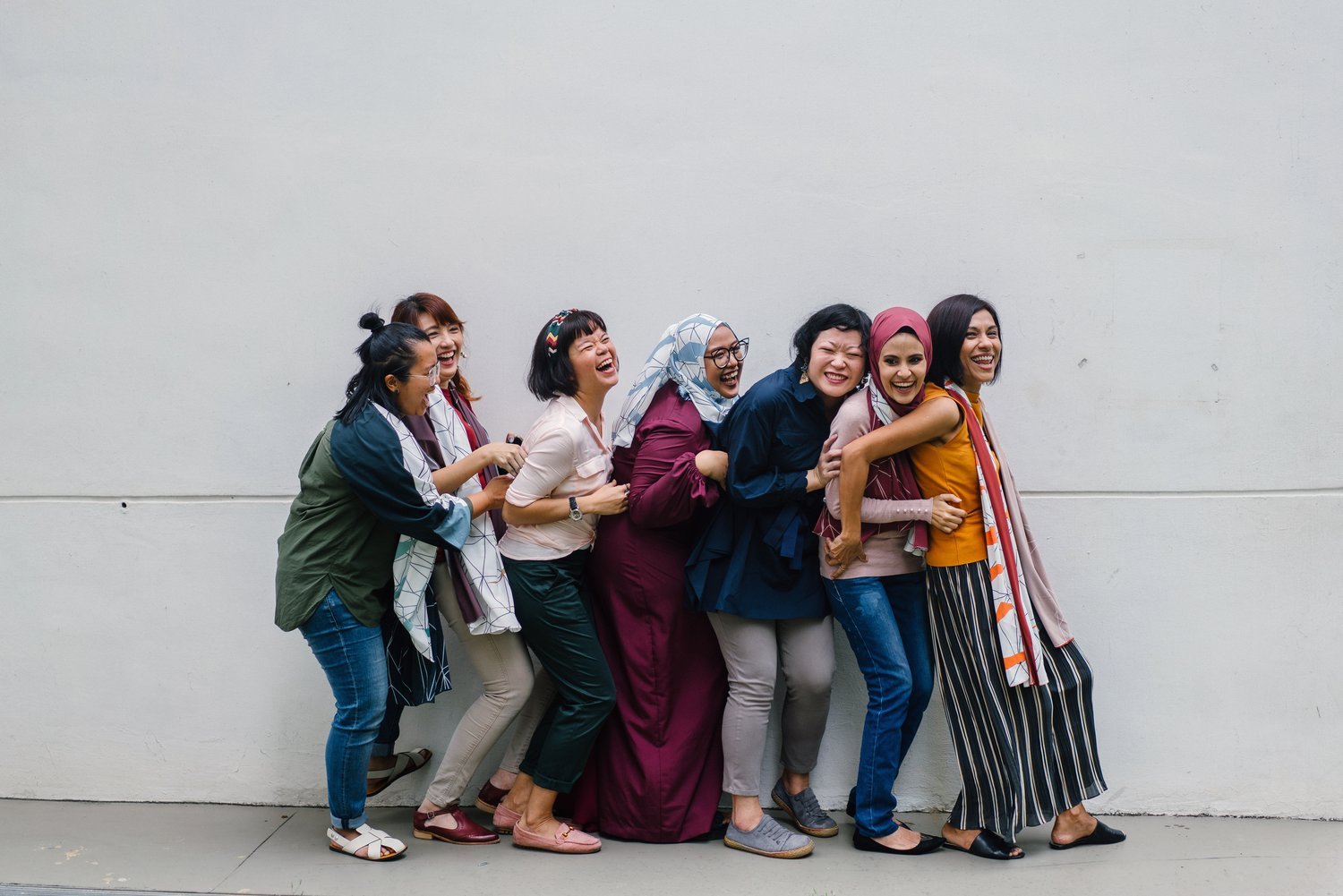
Enjoying a healthy relationship with our family members, friends or significant others comes from self-awareness. A clear understanding of who you are separate from others is the foundation of building healthy boundaries that are the building blocks for fulfilling relationships.
The Importance of Understanding Your Emotions
One aspect of self-awareness is understanding and working with your emotions, reactions, and the root cause of both. This will help you separate your experience of the world and sense of self from that of others. Once you have a better understanding of your own emotions it becomes easier to develop healthy emotional boundaries. As we develop our personal boundaries, we are able to communicate our needs with honesty and set limits that protect us from being manipulated by or overly involved with the emotional needs of others.
ONCE YOU HAVE A BETTER UNDERSTANDING OF YOUR OWN EMOTIONS IT BECOMES EASIER TO DEVELOP HEALTHY EMOTIONAL BOUNDARIES.
What Are Unhealthy Boundaries?
Healthy boundaries come from deep self knowledge of what is right for you. How you interact with other people and the level of satisfaction you feel from your relationships will be determined by the boundaries you set. Simply, healthy boundaries allow you to state your needs in relationships, not over extend yourself (over-give), and not be overly controlling of others. Healthy boundaries allow you to have acceptance when things don’t go your way, and ensure you are able to share your thoughts and feelings with confidence.
HEALTHY BOUNDARIES ALLOW YOU TO HAVE ACCEPTANCE WHEN THINGS DON’T GO YOUR WAY, AND ENSURE YOU ARE ABLE TO SHARE YOUR THOUGHTS AND FEELINGS WITH CONFIDENCE.
What is Over-Engagement?
One type of unhealthy boundary is over-engagement. A good example of this is when a mother cannot separate herself from the emotional experiences of a child. When the child is experiencing challenging emotions such as sadness and anxiety, the mom takes these feeling on as her own rather than maintaining her own emotional integrity and acting as a support for her child. This type of relationship can stunt the emotional growth of the child because the child is unable to focus on their own emotional experience and conflict resolution, and instead is occupied with protecting their mom. In this relationship scenario, the mom loses her emotional boundaries by taking on her child’s emotions and the child loses their emotional boundaries by focusing on the needs of their mother. This dynamic leads to an emotionally entangled relationship that is psychologically unhealthy.
What is Disengagement?
Another example of an unhealthy boundary is disengagement, in which someone in a relationship is is overly idealistic, rigid and inflexible. Human relationships are are not black and white, and individuals who operate in the extremes of good or bad, all or nothing, right or wrong, and thus failing to see anything in-between, typically exhibit the emotional tendency of disengagement. By requiring others to fit into a specific set of rules, there is little ability to identify the good aspects of a relationship and the growth that comes from working through struggles to move forward. Rigidity makes compromising difficult due to unrealistic expectations, and leaves little room for vulnerability and connection.

How to Create Clear and Healthy Boundaries
It is imperative for boundaries to be clear for yourself and with others. Different relationships have different boundaries. The boundaries between you and your friend is different than the boundaries you have between you and someone you and a child, a co-worker or a parent. It’s important to make sure you understand yourself, your needs, and your emotions as it relates to each relationship. This will be helpful in establishing the boundaries that are acceptable and unacceptable in each relationship.
Once a boundary is crossed, remember that you get to decide only your own behavior, reactions, and how you allow others to treat you. Try to have a conversation with the person and share your feelings about their behavior and how it impacted you. If your boundaries are still not maintained then you can bluntly say ‘I do not accept this,’ be firm and take action. Often times, a conversation will bring up further discussion of each individuals needs which is an opportunity for you both to grow. It’s important that you are also conscious of the boundaries of others and your behavior towards them, without losing your own sense of self. To those individuals that respect your boundaries and share their emotional needs in return, thank them.
You do not need to be rigid in order to maintain healthy boundaries, change can be hard but in doing so you learn to build healthy boundaries. One thing you can do is start to recognize when rigidity leads you to obsess about small things, have unreasonable expectations of others, or be overly controlling of others’ behaviors. Try to recognize any behavior that can be judgmental, controlling, or over analyzing and remember that you are only responsible for your own behaviors, actions, and reactions. The more you practice objectivity around areas where you may be inclined toward rigidity, the easier it will become to accept situations and choose to deal with them in the way that is healthiest for you.

The Importance of Healthy Boundaries
Healthy boundaries are a sign of maturation and growth as you become an independent individual. They bring out your uniqueness and ability to be flexible. Healthy boundaries will allow you to be your full self in relationships, find individuals who are also able to have healthy closeness, and identify when you need to maintain some distance. Boundaries will also protect you from abusive relationships, as you will be able to see when your needs are not respected and know it is not a healthy relationship to continue. Healthy boundaries, self awareness, and a strong sense of self allow for healthy intimate relationships to grow and flourish. Healthy boundaries are about respecting yourself and others.
HEALTHY BOUNDARIES ARE ABOUT RESPECTING YOURSELF AND OTHERS.
How Psychotherapy Can Help You Establish Your Boundaries
Healthy boundaries and a strong sense of self are something that we learn during childhood. Psychotherapy will help you understand how your upbringing has shaped the way you operate in relationships. The objectivity of a therapist allows for insights into the relationship challenges you face, and will be a guide in showing you ways to behave in a more emotionally healthy manner. The small changes you learn through the therapeutic process are eye opening, and have the potential to increase your self confidence and the fulfillment you experience in your relationships.
To learn more about how I can support you, please reach out for a consultation or book a session.
